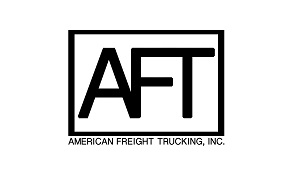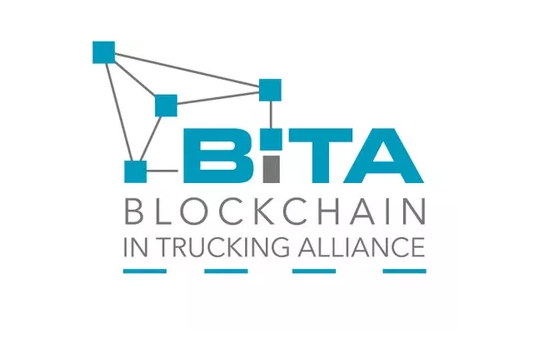<img width="150" src="http://www.automotive-fleet.com/fc_images/news/m-tommcleod-uc2017-1.jpg" border="0" alt="
Tom McLeod talks to reporters at the McLeod Software 2017 User Conference. Photo: McLeod Software
">
Tom McLeod talks to reporters at the McLeod Software 2017 User Conference. Photo: McLeod Software
">In a roundtable with trucking reporters at the McLeod 2017 User Conference in Atlanta, McLeod executives talked about a number of technology trends affecting their fleet customers and the industry at large, including ELDs, blockchain, and making sense of the vast amount of data available to fleets.
ELDsThe most looming change, of course is the electronic logging device mandate that kicks in Dec. 18. Fleets who are waiting until the last minute may have already waited until too late, McLeod told reporters.
“I am surprised still at the number of new orders we're getting right now that include our mobile communication module that have not selected a [ELD] provider yet.”
Using ELDs, he emphasized, goes well beyond just putting a new device in the cab.
“The management of information from electronic logs is a learning curve. It's not just a switch you can throw. You're not going to be able to pull into a bay at a truckstop on Dec. 17 and have a unit installed and be ready to operate the next day. That 450 miles run you're used to making in a day, you're not going to be able to make anymore. If your shipper holds you up for just half an hour it may cost you a half a day of service.”
In addition, he said, while there are more than 100 vendors listed as self certified on the Federal Motor Carrier Safety Administration's list of ELDs, “20 of those are all resellers of the same unit. From a manufacturing standpoint I think there will be supply issues.”
Some fleets, he said, won't be able to make the transition and will go out of business. And some drivers, although not all, he predicted, will make good on their threat









